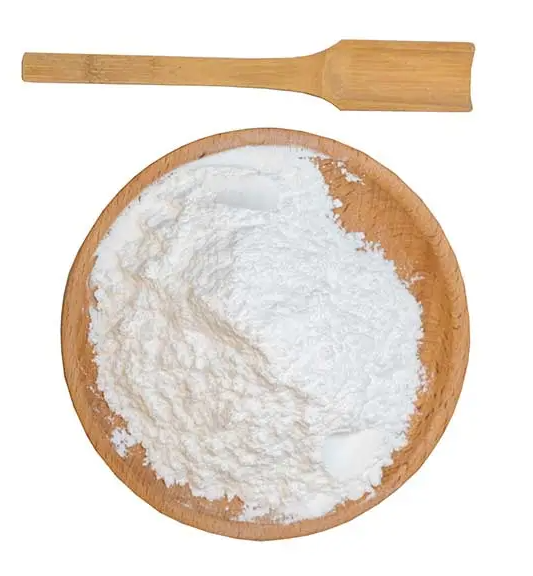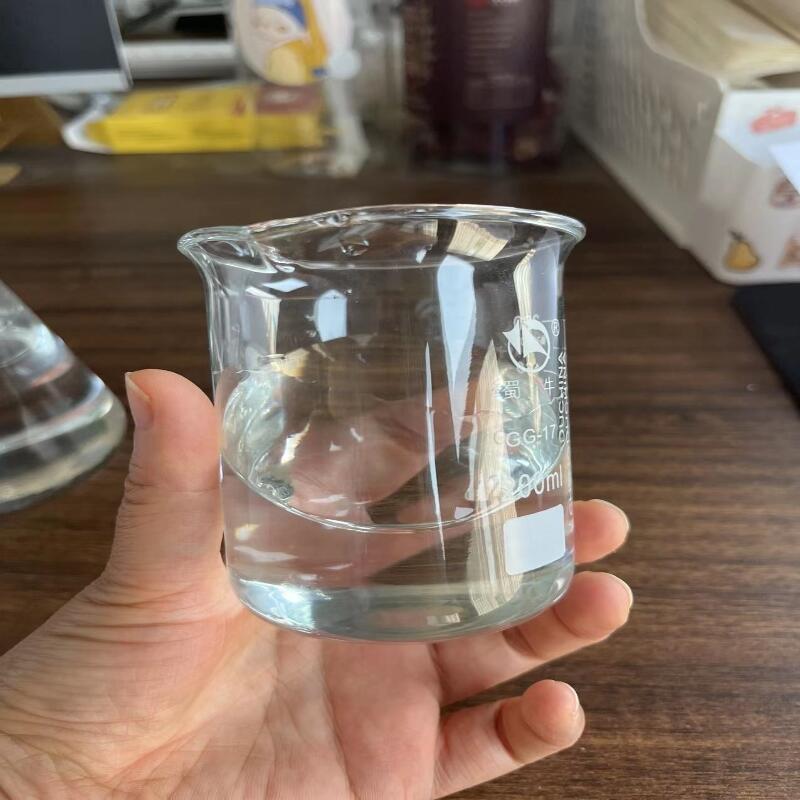Licorice export quota bidding needs to be strengthened
-
Last Update: 2010-04-12
-
Source: Internet
-
Author: User
Search more information of high quality chemicals, good prices and reliable suppliers, visit
www.echemi.com
The deterioration of the natural environment in the north of China has led to the sharp decrease of Licorice Resources Driven by export interests, licorice mining has also contributed to the desertification trend in the north of China in recent years Licorice is a famous traditional Chinese medicine in China It is the root and rhizome of legumes It is a perennial herb It is widely used in traditional Chinese medicine, known as "ten herbs and nine herbs" At present, licorice is not only widely used in traditional Chinese medicine clinical, its products in food, health products, cosmetics, tobacco, light industry, oil, fire and many other industries are also favored, the demand of the international market is growing In addition, Glycyrrhiza uralensis is the most important windbreak and sand fixation plant in the desertification area of China, which plays an irreplaceable role in the protection of environmental resources in China But in recent years, Licorice Resources in China have been seriously damaged Glycyrrhiza uralensis is seriously damaged The wild Glycyrrhiza is mainly distributed in Inner Mongolia, Ningxia, Gansu and Xinjiang, where the ecological environment is fragile and the economic development is relatively backward It can be divided into Xinjiang Glycyrrhiza and Ural Glycyrrhiza There are mainly two kinds of wild and artificial planting The wild Glycyrrhiza grassland is widely distributed in the three north areas of China, but the wild Glycyrrhiza resources in the northeast area have been basically exhausted; the distribution of artificial planting is more extensive However, due to the limitations of economic benefits and technology, the cultivated licorice can not replace the wild licorice at present Ma'erzhuang Township, Yanchi County, Ningxia is one of the main producing areas of liquorice There are about 720000 mu of land in the township, and 400000 mu of liquorice growing area In the past decade, licorice mining has been forbidden for many times At present, 70% of the land in the whole township has been dug many times Some of them are still digging new holes in the dug sand pits The whole grassland is covered with bruises Nowadays, the level of Glycyrrhiza uralensis, as a medicinal material, has declined In the long run, the resources of Glycyrrhiza uralensis here will no longer exist The output of Glycyrrhiza in Xinjiang accounts for about half of the national total, with an annual output of about 30000 tons However, the resources are also sharply reduced, and the mining volume is greatly reduced At present, licorice resources, known as one of the "five treasures of Ningxia", are nearly exhausted In recent years, sandstorm is frequent, which is directly related to the soil erosion caused by the exploitation of Licorice Resources Effective licorice in quota bidding management includes licorice and licorice products, including fresh or dry licorice (whether cut, crushed or ground into powder), licorice juice and extract, glycyrrhizinate and its derivatives, which is one of the bulk commodities exported by Chinese herbal medicines Since the implementation of the bidding management, the chamber of Commerce of medical insurance has done a series of work in cooperation with the bidding of licorice, such as striving to adjust the tax rate of imported licorice to zero, which has played a certain role in restraining the blind expansion of the export of licorice and licorice products and protecting the wild licorice resources The author believes that, at present, in the situation that the consumption of Licorice Resources has not been effectively alleviated in China, the bidding of licorice and products export quota should be strengthened, which is mainly based on the following considerations: first, licorice is a resource product in China, at present, the overall wild licorice resources are still declining, and the wild licorice resources in Northeast China have basically dried up, and those in Ningxia and Gansu Province The accumulation of wild licorice is also in a downward trend, while the accumulation of wild licorice in Inner Mongolia of North China is still in the recovery stage Secondly, Glycyrrhiza uralensis is the most important windbreak and sand fixation plant in the three North desertification areas of China Due to long-term indiscriminate mining, the ecological environment has been damaged In recent years, severe weather attacks such as sandstorms have frequently occurred in the northern part of China, which have brought serious harm to people's production, life and property Thirdly, licorice bidding can maintain a good market order to a certain extent and keep the export quantity and price relatively stable In addition, according to the implementation of bidding in recent years, the author suggests that the bidding committee should give financial support to the development and encouragement of artificial planting of licorice in the application of bidding cost (Foreign Trade Development Fund) Licorice resources are drying up day by day, fragile grassland is becoming more and more sandy, sandstorm and other disaster weather is increasing The threat of severe natural environment to human survival is more and more obvious The author believes that through the bidding management of licorice export quota, it can bring more help to the protection of Licorice Resources and more benefits to the improvement of the overall environment.
This article is an English version of an article which is originally in the Chinese language on echemi.com and is provided for information purposes only.
This website makes no representation or warranty of any kind, either expressed or implied, as to the accuracy, completeness ownership or reliability of
the article or any translations thereof. If you have any concerns or complaints relating to the article, please send an email, providing a detailed
description of the concern or complaint, to
service@echemi.com. A staff member will contact you within 5 working days. Once verified, infringing content
will be removed immediately.






